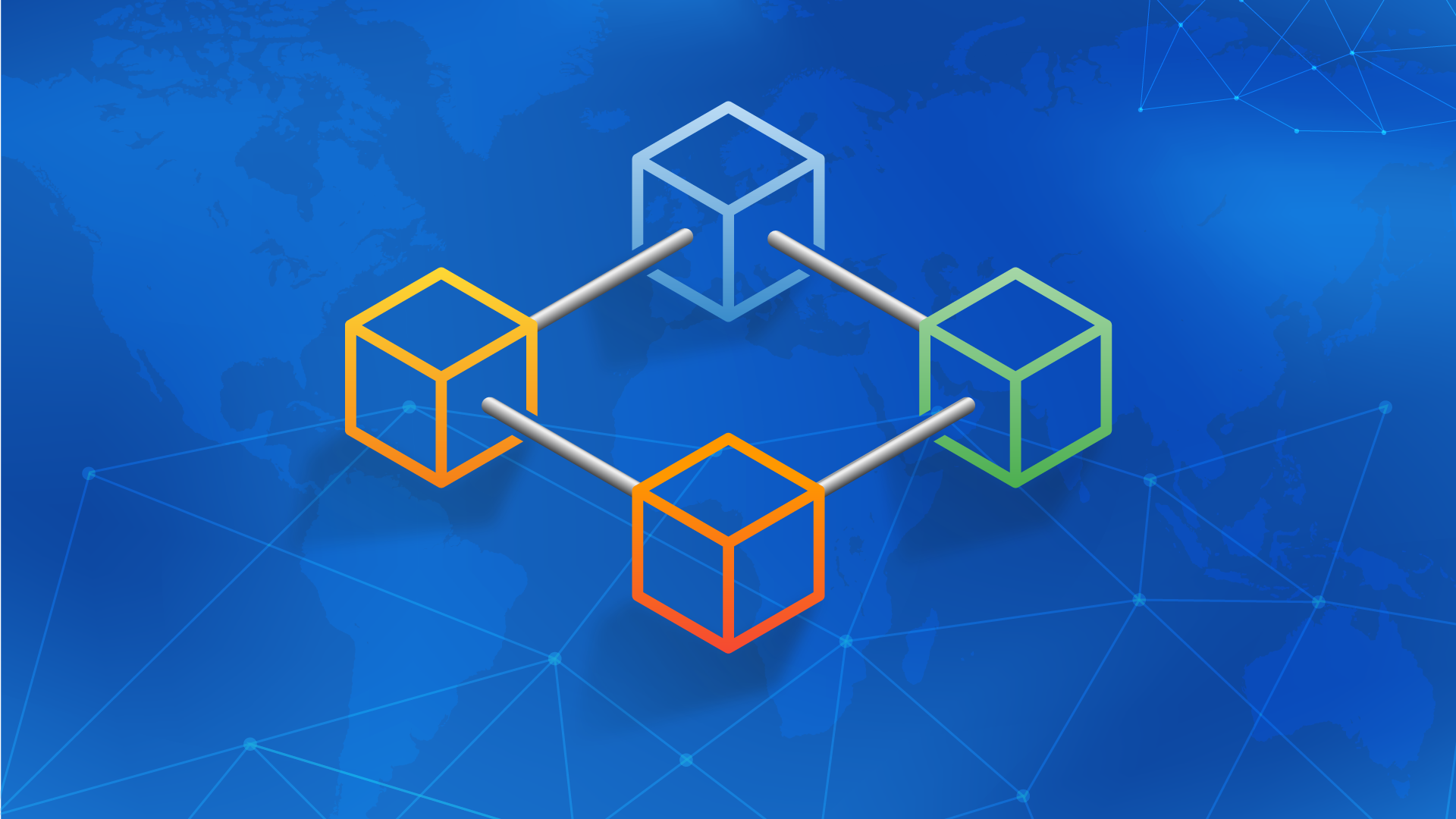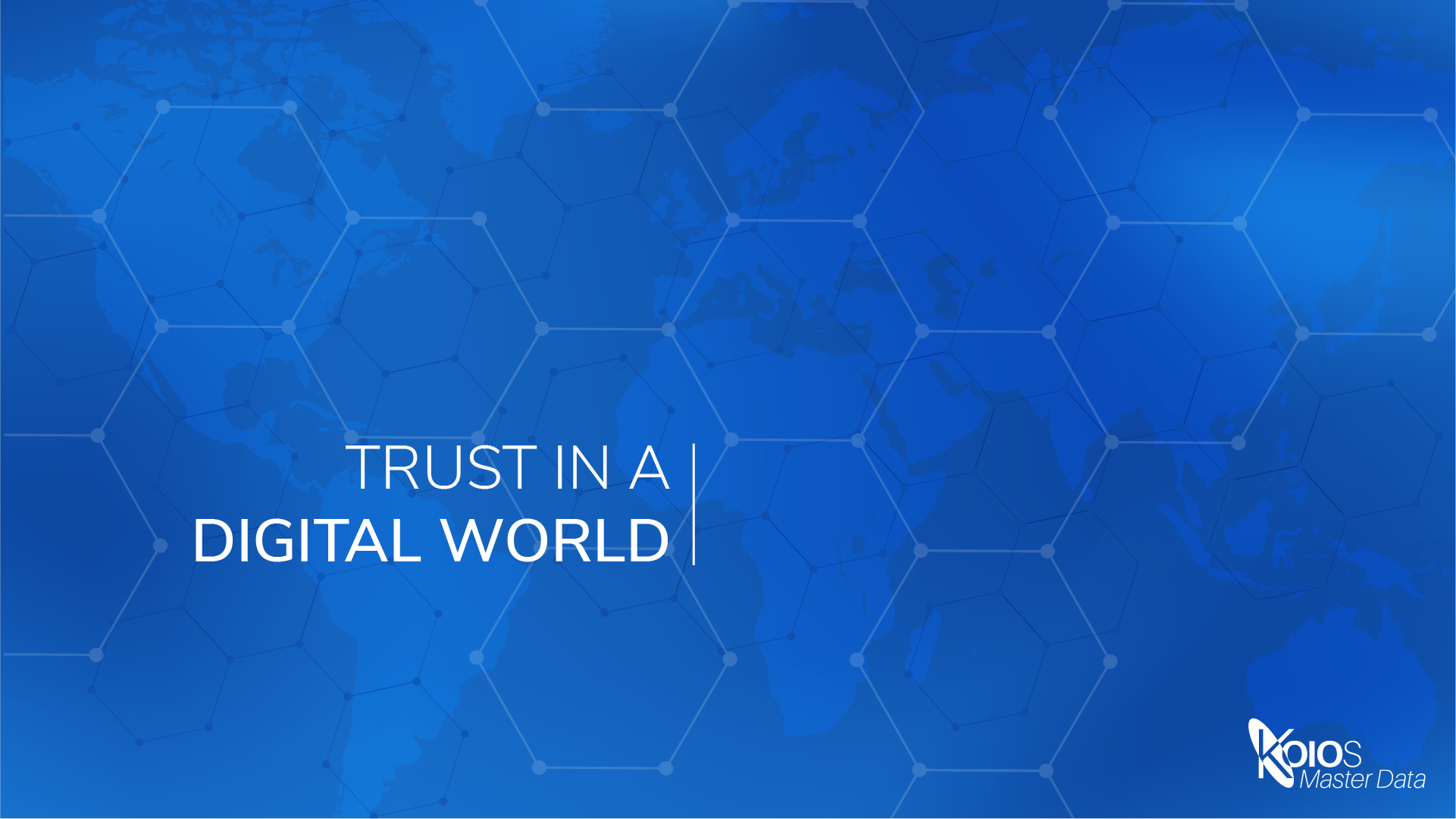Blockchain
Potential uses incorporating international standards (Part 2)
INTERNATIONAL
DATA STANDARDS
International Data Standards
As I discussed earlier, I am actively involved in the development of international standards.
Standards are a consensus of best practice. International standards affect many areas in our everyday lives, and I am going to show a short video to highlight this.
But, before I start the video, can I please have a show of hands? If you have heard of the standard ISO 8000, can you please raise your hand. If you thought I said ISO 9000, please put your hand down!
Thank you. Let us watch this short video showing how ISO Standards influence the world around us.
What ISO standards do for you
As you can see from the video, ISO 8000 is the international standard covering data quality; and part 110 covers the exchange of quality data.
Why is this relevant?
Blockchain is not a cure for data quality problems, if you exchange poor quality data in a blockchain you have the same issues as you do currently when you exchange poor quality data using traditional methods.
By adopting ISO 8000, organisations will benefit enormously from improved data quality; data provenance; data interoperability; and improved operational efficiency.
Facsimile of ISO 800-115: Source iso.org
The working group that develops ISO 8000 is one of the most active ISO working groups, and this year we published ISO 8000-115, the standard for the exchange of quality identifiers. Identifiers are used to point to data records, but before this standard was introduced it was rare for an identifier to state who owns the identifier, or part number, and the associated data record. The lack of the prefix leads to confusion over the provenance of the relevant data set.
The syntax of an ISO 8000-115 complaint identifier ensures that the owner of the data set is clearly identified by the adoption of this standard. The standard also requires that the complete identifier resolves to an ISO 8000-110 complaint specification.
The data cleaning industry is guilty of creating data specifications with no other provenance than their own, which frankly is no guarantee of accuracy or quality. If you employ third party data cleaners, I challenge you to ask them about provenance and data quality standards, and compare their answers with these slides.
Facsimile of ISO 800-116: Source iso.org
I will be talking more about trust shortly.
A key element of trust in commercial contracts is knowing who you are dealing with. Know your Client or customer (KYC) is becoming an accepted business and compliance norm.
ISO 8000-116 is an implementation of ISO 8000-115. ISO 8000-116 will be published early in 2019. The standard defines a method of identifying organisations and individuals by the using the reference of the issuing authority that created the record.
In Austria, the Federal Ministry of Justice maintains the commercial register, and each company has a registration number. This number is used as the suffix of the identifier, and the prefix is the ISO two letter code for Austria (AT), followed by CR for the commercial register.
This format allows every organisation to be given a globally unique authoritative identifier, not a proxy identifier issued by a third party.
This will prove a very useful standard for managing your supplier database and eliminating duplicate records.
The Electronic Commerce Code Management Association (ECCMA) has launched a very useful website www.ealei.org where you can search a growing, global, authoritative register of companies. I encourage you to add your company details to the site.
Facsimile of ISO TC/307: Source iso.org
ISO creates standards through a series of technical committees and working groups. Blockchain and distributed ledger technologies are being developed by technical committee 307.
Technical committees and working groups consist of experts from participating member countries. Technical committee 307 consists of 39 participating members, and the Austrian Standards Institute (ASI) is the member body through which local experts are appointed to help develop the standards.
Facsimile of ISO TC/307: Source iso.org
This technical committee is currently responsible for developing 11 standards under the heading of blockchain and distributed ledger technology. Subjects include governance, interoperability, smart contracts, and data protection.
Technological convergence
The convergence of creativity and technology can lead to radical changes in existing business models and the organizational structures they sit within.
Distributed Ledger Technology (DLT) is presently as much a series of challenges and questions to existing structures, as opposed to a set of answers and practical possibilities.
But it appears to have at least some qualities, and to be in the appropriate context, to produce change at the more revolutionary end of the spectrum.
DLTs offer significant challenges to established orthodoxy and assumptions of best practice, far beyond the recording of transactions and ledgers. These potentially revolutionary organizational structures and practices should be experimentally trialled — perhaps in the form of technical and non-technical demonstrator projects — so that practical, legal and policy implications can be explored.
More from this presentation
Blockchain: Potential Uses – Incorporating International Standards – Part 1
This is part one of a four part presentation that I delivered at the ‘Industry Blockchain Expedition’ hosted in Linz, Austria. We have included the visuals and video’s used to illustrate some of the concepts of Blockchain and its use incorporating ISO quality data.
Blockchain: Potential Uses – Incorporating International Standards – Part 3
This is part three of the online version of a presentation that I delivered at the ‘Industry Blockchain Expedition’ hosted in Linz, Austria. We have included the visuals and video’s used to illustrate some of the concepts of Blockchain and its use.
Blockchain: Potential Uses – Incorporating International Standards – Part 4
This is part four of the online version of a presentation that I delivered at the ‘Industry Blockchain Expedition’ hosted in Linz, Austria. We have included the visuals and video’s used to illustrate some of the concepts of Blockchain and its use.







